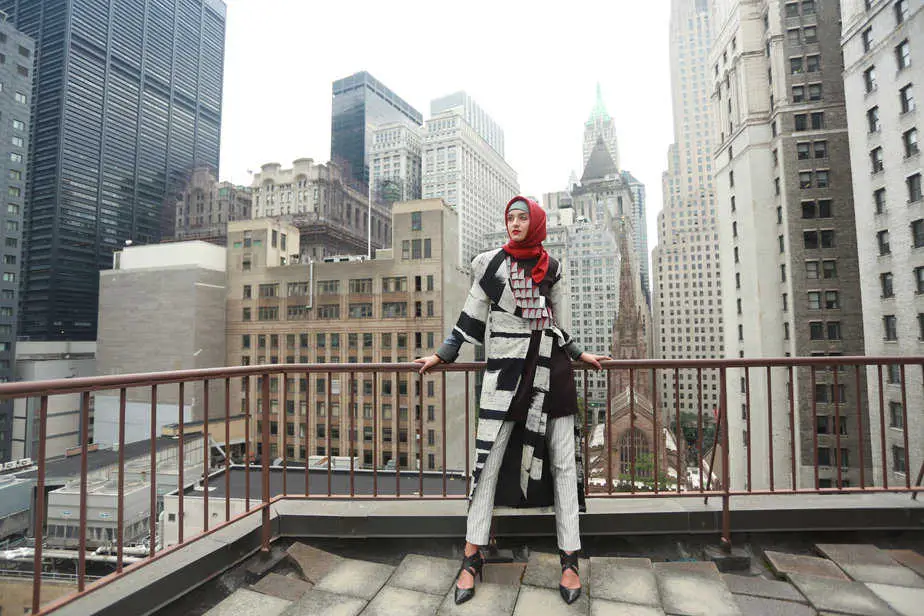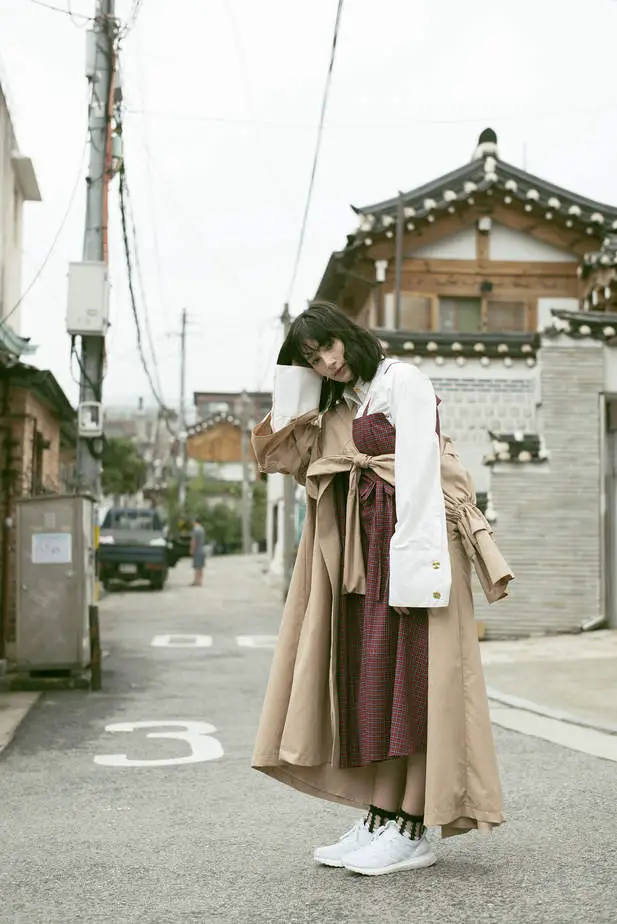Often untold, overlooked, or stereotyped to hell—Muslim women have been the forerunners of trend, spiritual norms, and how the two often battle in what 21st century fashion attributes as “fashion.” The exhibition also considers how Muslim women define themselves and are defined by their dress, providing a snapshot of the current moment in Muslim modest fashion. As Islam is a multicultural faith, the dress of its practitioners is shaped not only by religious traditions but also by local customs and global trends.
“There are those who believe that there is no fashion at all among Muslim women, but the opposite is true, with modern, vibrant, and extraordinary fashion scenes, particularly in many Muslim-majority countries,” says Max Hollein, former Director and CEO of the Fine Arts Museums of San Francisco. “Contemporary Muslim Fashions is an overdue, much-needed exploration of a multifaceted topic as yet largely unexplored by museums.“…but the opposite is true, with modern, vibrant, and extraordinary fashion scenes, particularly in many Muslim-majority countries”— Max Hollein
He continues on, “this exhibition stands out in the long history of outstanding fashion exhibitions and will shed light onto larger political, social, and cultural understandings and misunderstandings.” With more than 1.8 billion practicing Muslims worldwide—among them, 250,000 in the Bay Area alone—the complexity of this topic is both wide and highly nuanced. In the West, however, the image of Muslim women is often monochromatic. We’re often fed images of women who are submissive in nature, often misrepresented over airwaves, and are the butt of the stereotypical joke.
Muslim fashion is supported by a dynamic online community, in fact. Like many modest fashion bloggers, Muslim modest fashion influencers began their engagement with blogging and social media due to the perceived lack of diversity in mainstream media and retail outlets. Showcasing leaders such as Hoda Katebi, Leah Vernon, and Dian Pelangi via Instagram, the exhibition will look at how personal style can serve as a launch pad for larger conversations that draw attention to issues of sustainability and gender, racial, and religious inequalities.
The exhibition will traverse different religious cultures and interpretations—ranging from high-end fashion, to street wear and commissioned couture from emerging and established designers—in order to consider how Muslims define themselves and are defined by their dress.
// Golden Gate Park, 50 Hagiwara Tea Garden Drive, Opening Day, Saturday, September 22. Open 9:30 a.m.–5:15 p.m. Tuesdays– Sundays. Open select holidays; closed most Mondays; deyoung.famsf.org.

